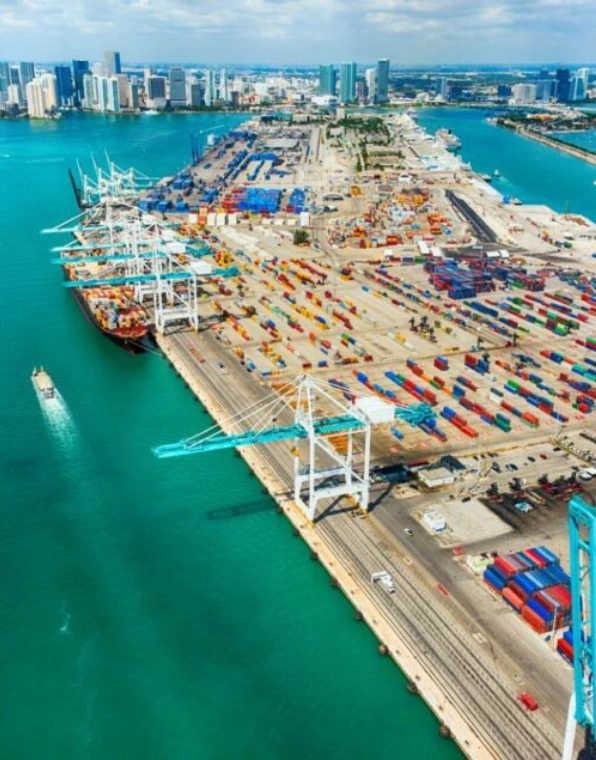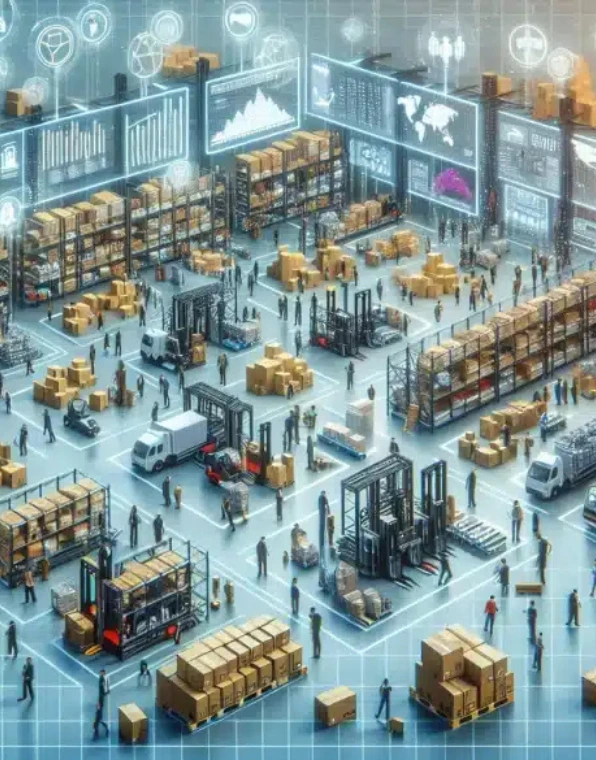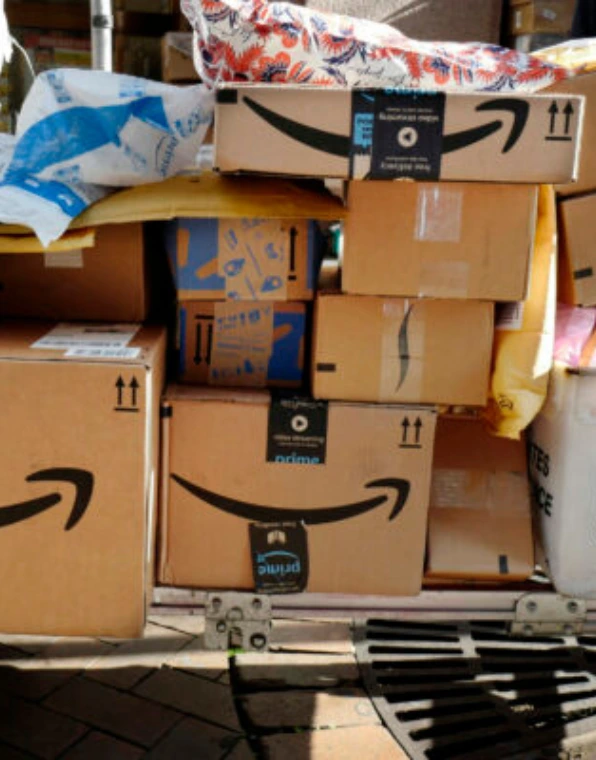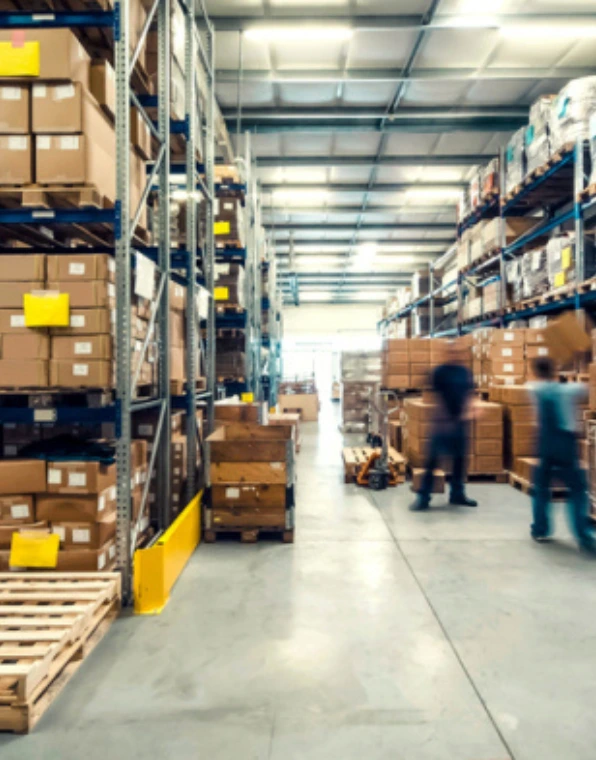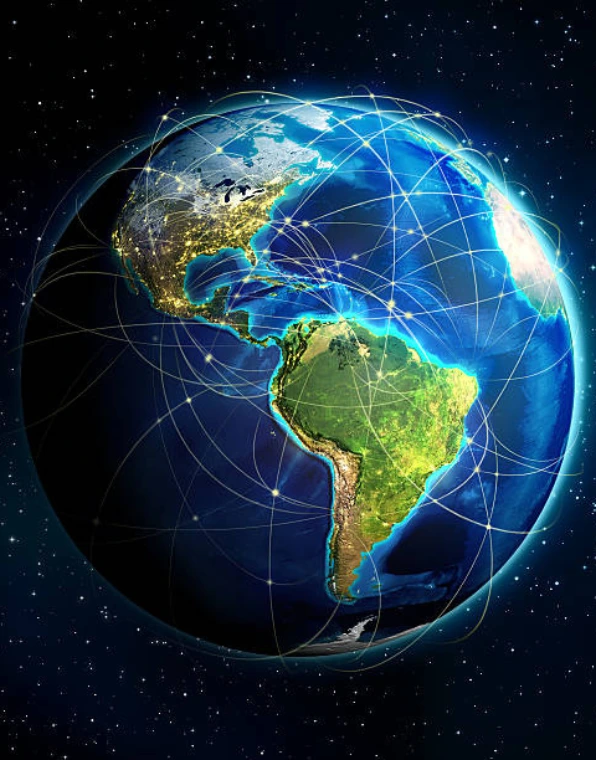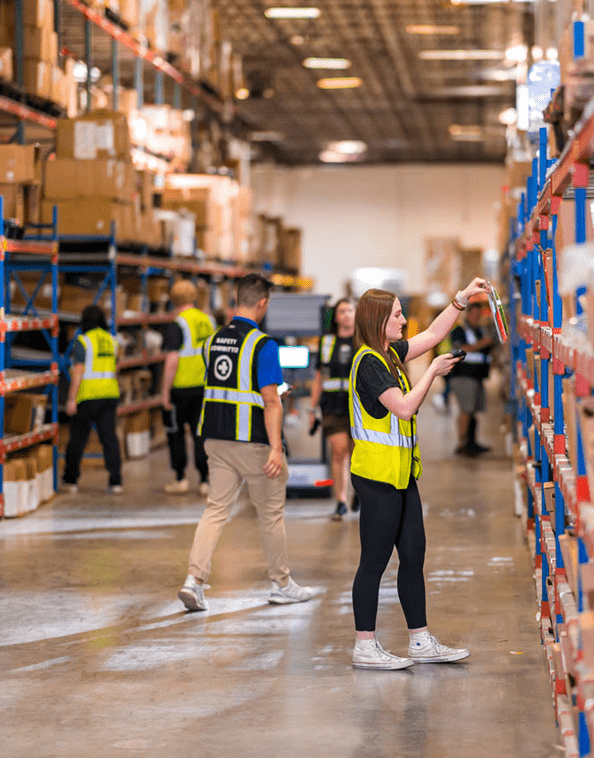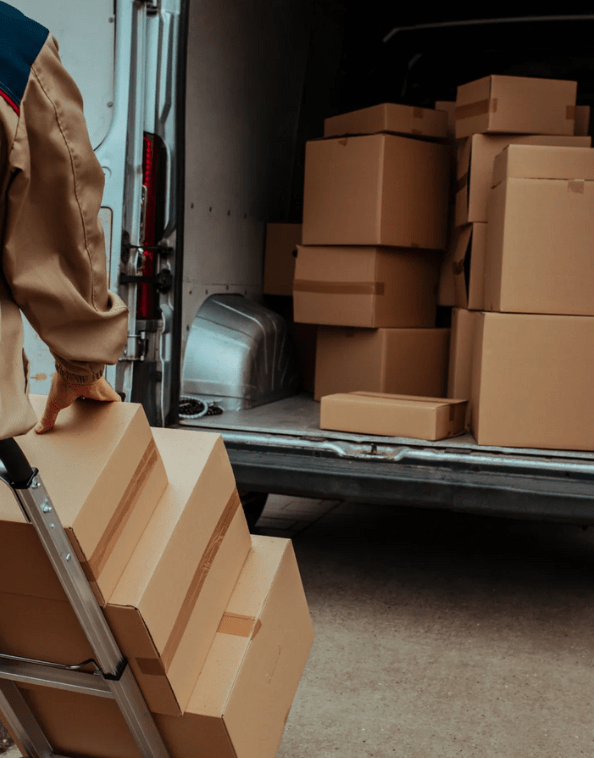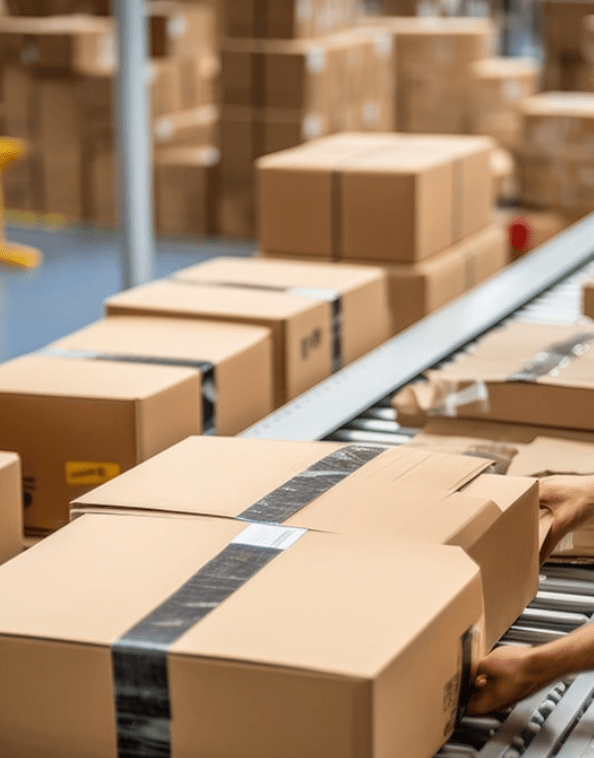Over the past decade, Florida has transformed from a vacation hotspot into one of the nation’s most powerful logistics and fulfillment hubs. With a perfect storm of strategic geography, advanced infrastructure, business-forward policies, and rising demand in e-commerce, the Sunshine State now sits at the forefront of high-volume order fulfillment.
In 2025, Florida is not just a gateway to Latin America—it’s a cornerstone of global logistics, with fulfillment centers serving millions of daily transactions across industries like retail, electronics, healthcare, and consumer packaged goods.
Here’s a closer look at the factors behind this evolution, and the key cities and infrastructure playing a central role in Florida’s fulfillment boom.
1. Strategic Geography: A Gateway to the Americas and Beyond
Florida’s position as the southeastern tip of the United States gives it direct shipping lanes to Latin America, the Caribbean, and across the Atlantic to Europe. For companies with global or bicoastal supply chains, this is a competitive advantage that’s hard to beat.
Miami is often called the “Gateway to Latin America” and has become a central hub for international freight forwarders, customs brokers, and ocean carriers.
Jacksonville, with its proximity to the southeastern U.S. and strong rail connections, offers rapid access to inland markets.
Tampa Bay and Orlando are increasingly serving as mid-state distribution points for domestic deliveries, offering next-day reach to most of the Southeast.
2. Advanced Infrastructure and Expanding Fulfillment Networks
Florida has invested billions in port expansions, roadway upgrades, and intermodal rail connectivity. These infrastructure developments have created an ecosystem where goods can be received, processed, and shipped in record time.
PortMiami and Port Everglades are among the busiest container ports in the U.S., with direct access to key global shipping routes and a growing number of cold storage and bonded warehouses.
Orlando is home to sprawling fulfillment campuses, including Amazon, Walmart, and third-party logistics (3PL) providers specializing in e-commerce and same-day delivery.
Lakeland and Ocala have emerged as “fulfillment corridor” cities due to affordable land, proximity to highways (I-4 and I-75), and access to both coasts.
The state also boasts a modern network of regional airports (Miami International, Orlando International, Tampa International) that support rapid air cargo operations.
3. Business-Friendly Environment: A Magnet for Investment
Florida offers significant financial and operational advantages to logistics and fulfillment companies:
No personal income tax and competitive corporate tax rates reduce the financial burden for growing firms.
Incentive programs, such as Florida’s Qualified Target Industry Tax Refund (QTI), offer rebates for companies creating jobs in logistics and supply chain.
Enterprise Zones and Opportunity Zones across Florida provide real estate and employment incentives to companies building fulfillment infrastructure.
In addition, the state’s logistics-friendly permitting process and strong public-private partnerships (such as Enterprise Florida) make expansion faster and more predictable.
4. Skilled, Logistics-Oriented Workforce
As the fulfillment and distribution sector has grown, Florida’s workforce has evolved with it. Public universities, technical colleges, and private programs offer training in logistics, warehouse automation, and supply chain systems.
Key workforce drivers include:
Florida State College at Jacksonville and Miami Dade College, offering logistics and supply chain degrees.
University of Central Florida (UCF), with research and certification programs in smart warehousing and advanced analytics.
Ongoing partnerships between private employers and workforce boards, producing job-ready candidates in picking, packing, operations management, and systems optimization.
5. Booming E-commerce Demand
The rise of online shopping has changed consumer expectations—and Florida is uniquely positioned to meet them. The state ranks among the top five for new residents and online shoppers in the U.S., creating a powerful combination of demand and distribution capacity.
In-state fulfillment means:
Next-day or two-day delivery to over 70 million people in the Southeastern U.S.
Reduced last-mile delivery costs thanks to centralized distribution from the I-4 and I-95 corridors.
Streamlined returns processing, thanks to proximity to consumer clusters and reverse logistics facilities.
Whether for apparel, beauty products, consumer electronics, or B2B shipments, Florida offers e-commerce retailers a scalable, high-speed, high-capacity solution.
Key Fulfillment Hotspots in Florida
Here are some of the cities playing an outsized role in the state’s fulfillment growth:
Miami – International imports, Latin American exports, bonded warehousing
Orlando – Central e-commerce fulfillment, Disney-related supply chains
Jacksonville – Intermodal freight, domestic shipping, port operations
Tampa – Medical and retail supply chains, large cross-docking facilities
Lakeland / Winter Haven – Mid-state fulfillment zones for national brands
Ocala – Affordable warehousing, highway-centric distribution
Hialeah / Doral – Dense warehousing clusters near Miami International Airport
Frequently Asked Questions
Q: What types of companies are investing in Florida’s fulfillment ecosystem?
A: National retailers, e-commerce giants like Amazon and Walmart, 3PLs, subscription box services, and specialized fulfillment providers for sectors like healthcare and fashion.
Q: Are Florida’s ports competitive with other states?
A: Absolutely. PortMiami, Port Everglades, and JAXPORT (Jacksonville) are among the most technologically advanced and fastest-growing in the country. Expansion projects and improved dredging have opened access to larger container ships and reduced port dwell times.
Q: How are smaller e-commerce businesses benefiting?
A: Florida’s rise has driven growth in 3PL services tailored to small and midsize businesses. These providers offer scalable fulfillment, affordable shipping rates, and end-to-end services—from FBA prep to branded packaging—making it easier to grow without owning a warehouse.
Q: Will the momentum continue in 2025 and beyond?
A: Yes. With continued investment in infrastructure, nearshoring trends driving Latin American trade, and sustained e-commerce growth, Florida’s fulfillment sector is poised for long-term dominance.
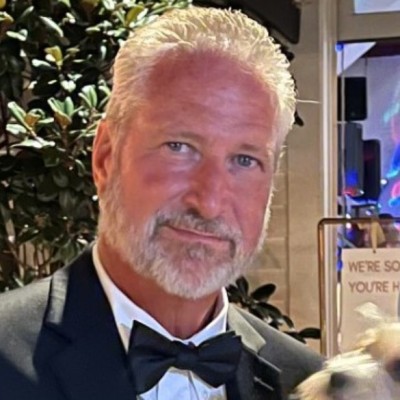
Norman Kravitz is a logistics and fulfillment expert with extensive experience in e-commerce supply chains, currently serving as CEO and Founder of FulfillMe, a technology-enabled 3PL provider. Beginning his career at the United States Postal Service and later leading operations at Ddu Express, he has deep expertise in freight forwarding, inventory management, and cost optimization. Norman’s strategic approach to logistics operations and e-commerce fulfillment positions him as a trusted authority in the 3PL industry.

